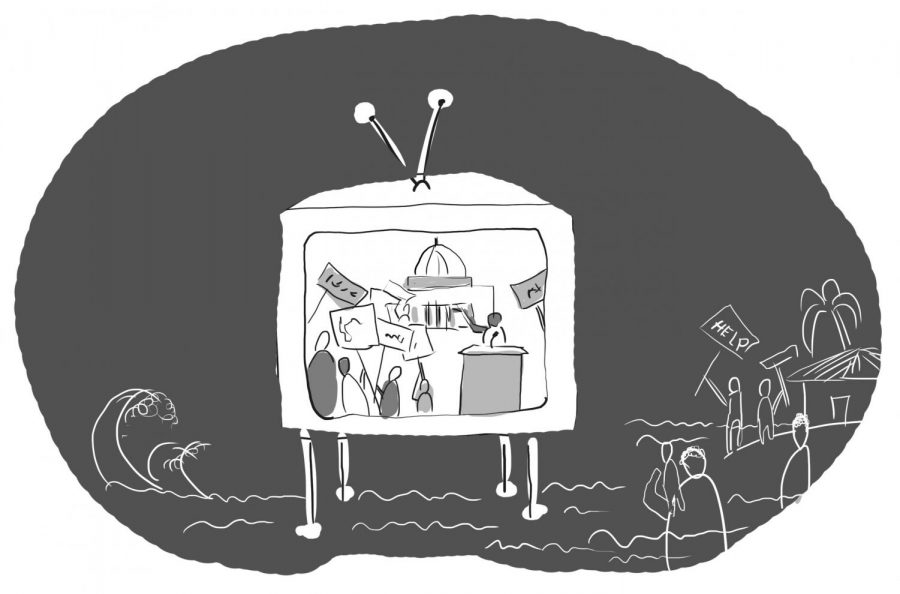Greta Thunberg isn’t the only climate activist you should know about
October 9, 2019
The 16-year-old Swedish girl Greta Thunberg, a climate change activist, has been making headlines all over the world since she sailed across the Atlantic Ocean to raise awareness for climate change. She has also given powerful speeches that have been broadcasted by media all over the world. However, Greta’s actions and passion for the planet at such a young age are nothing new, despite the fact that the media outlets are trying to make it look like she is the avant-garde of the youth movement.
The bravery she exhibited as she stood before world leaders at the United Nations was admirable and encouraging for many young people across the globe. She challenged international leaders and called them out for their negligence and lack of immediate action towards the global climate crisis, proving how instrumental the voice of the youth can be.
While her actions are highly appreciated, it’s important we remember other youth activists, especially girls of color, who are just as fearless and passionate when it comes to climate change, and who have been doing this work at the same time or even before Greta. These young women aren’t receiving as much media attention — even though they should — because the climate change issue has been and will be affecting communities of color and indigenous people at a disproportionate rate compared to other demographics.
Greta’s rhetoric lacks concern about these communities and she fails to acknowledge her privilege in this matter; communities that have tried to protect the Earth for decades are going to suffer the biggest consequences. That’s why we need to give more attention to other activists as well, who are coming from these historically marginalized communities that have unjustly been affected by climate change and who deserve to have their voices heard in the climate change debate. If we’re putting a spotlight on Greta, it’s important we take the time to celebrate activists of color, such as Isra Hirsi, who has been a tremendous advocate for climate and social justice, putting into the spotlight how climate change affects Black communities at a disproportionate rate. Irsa is the co-founder of the United States Climate Strike and has attended the United Nations Youth Climate Summit. After watching tribal and conservation groups fight in Minneapolis, Minnesota, to oppose a pipeline construction, she has chosen to advocate for her own community.
Similarly to her, there is Autumn Peltier, a member of the Wikwemikong First Nation, who is an internationally-recognized advocate for clean water but did not receive the same spotlight by mainstream media. She is known as the “water warrior,” and addressed world leaders at the age of 13 at the UN General Assembly on the issue of water protection last year. She began her advocacy on behalf of water protection for indigenous communities at the age of eight.
There are many other people of color and indigenous activists who have tried to portray the issue in an urgent manner, but who have not been heard and acclaimed in the media because they do not fit the narrative of who needs to be the head of the movement. The media attention during this climate justice campaign has been similar to the attention that the #MeToo movement and marches across the country received. The narrative that was presented erased the original women of color, especially the Black women, who started it. Similarly, the narrative of the climate change movement is being altered to fit a certain purpose.




